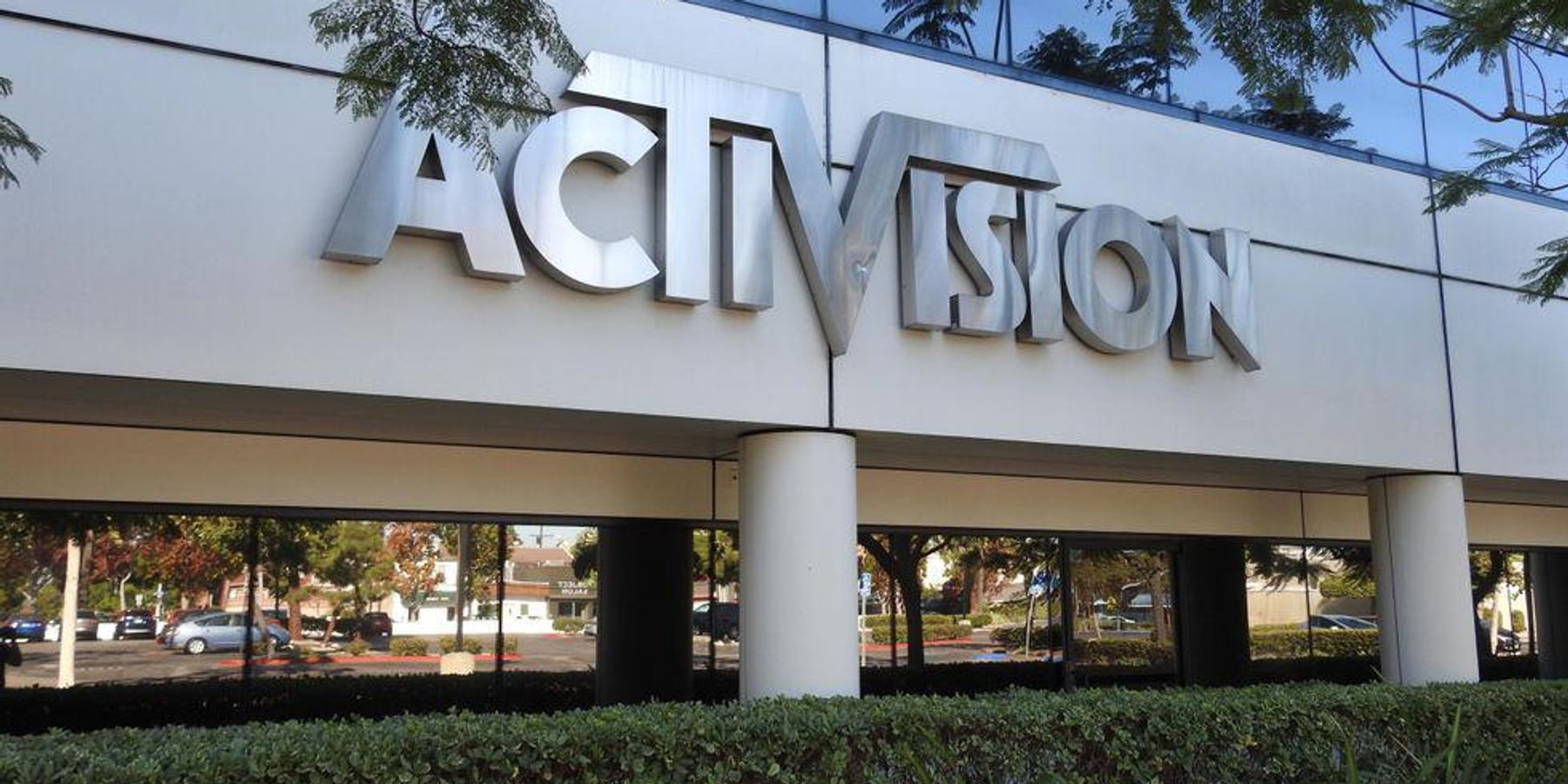

Get in the KNOW
on LA Startups & Tech
XWhat Are LA’s Hottest Startups of 2021? We Asked Top VCs to Rank Them
Ben Bergman
Ben Bergman is the newsroom's senior finance reporter. Previously he was a senior business reporter and host at KPCC, a senior producer at Gimlet Media, a producer at NPR's Morning Edition, and produced two investigative documentaries for KCET. He has been a frequent on-air contributor to business coverage on NPR and Marketplace and has written for The New York Times and Columbia Journalism Review. Ben was a 2017-2018 Knight-Bagehot Fellow in Economic and Business Journalism at Columbia Business School. In his free time, he enjoys skiing, playing poker, and cheering on The Seattle Seahawks.
Despite — or in many cases because of — the raging pandemic, 2020 was a great year for many tech startups. It turned out to be an ideal time to be in the video game business, developing a streaming ecommerce platform for Gen Z, or helping restaurants with their online ordering.
But which companies in Southern California had the best year? That is highly subjective of course. But in an attempt to highlight who's hot, we asked dozens of the region's top VCs to weigh in.
We wanted to know what companies they wish they would have invested in if they could go back and do it all over again.
Startups were ranked by how many votes each received. In the case of a tie, companies were listed in order of capital raised. The list illustrates how rapidly things move in startup land. One of the hottest startups had not even started when 2020 began. A number doubled or even 16x'd their valuation in the span of a few short months.
To divvy things up, we delineated between companies that have raised Series A funding or later and younger pre-seed or seed startups.
Not surprisingly, many of the hottest companies have been big beneficiaries of the stay-at-home economy.
PopShop Live, a red-hot QVC for Gen Z headquartered out of a WeWork on San Vicente Boulevard, got the most votes. Interestingly, the streaming ecommerce platform barely made it onto the Series A list because it raised its Series A only last month. Top Sand Hill Road firms Andreessen Horowitz and Lightspeed Venture Partners reportedly competed ferociously for who would lead the round but lost out to Benchmark, which was an early investor in eBay and Uber. The round valued PopShop Live at $100 million, way up from the $6 million valuation it raised at only five months prior.
Scopely, now one of the most valuable tech companies in Los Angeles, was also a top vote getter.
The Culver City mobile gaming unicorn raised $340 million in Series E funding in October at a $3.3 billion valuation, which nearly doubled the company's $1.7 billion post-money valuation from March. It is no coincidence that that was the same month stay-at-home orders began as Scopely has benefited from bored consumers staying on their couch and playing ScrabbleGo or Marvel Strike Force.
The company's success is especially welcome news to seed investors Greycroft, The Chernin Group and TenOneTen ventures, who got in at a $40 million post valuation in 2012. Upfront Ventures, BAM Ventures and M13 joined the 2018 Series C at a $710 post-money valuation.
Softbank-backed Ordermark, which flew more under the radar, also topped the list. The company's online ordering platform became a necessity for restaurants forced to close their dining rooms during the pandemic and raised $120 million in Series C funding in October.
On the seed side, two very different startups stood out. There was Pipe, which enables companies with recurring revenues to tap into their deferred cash flows with an instant cash advance, and Clash App, Inc., a TikTok alternative launched by a former employee of the social network in August.
We will have the list of Southern California's top seed startups out tomorrow.
Hottest

PopShop Live ($100 million)
The live-streaming shopping channel created by Danielle Lin reportedly found itself in the middle of a venture capital bidding war this year. Benchmark eventually won out leading a Series A round, vaulting the app at a $100 million valuation. The Los Angeles-based platform has been likened to QVC for Gen Z and it's part of a new wave of ecommerce that has found broader appeal during the pandemic. Google, Amazon and YouTube have launched live shopping features and other venture-backed startups like Los Angeles-based NTWRK have popped up.
Boiling

Scopely ($3.3 billion)
One of the most valuable Southern California tech startups with a $3.3 billion valuation, the Culver City mobile game unicorn has benefitted from a booming gaming market that has flourished in this stay-at-home economy. Scopely offers free mobile games and its roster includes "Marvel Strike Force," "Star Trek Fleet Command" and "Yahtzee with Buddies." In October the company raised a $340 million Series E round backed by Wellington Management, NewView Capital and TSG Consumer Partners, among others fueling speculation that it was on its road to an IPO. Co-CEO Walter Driver has said that he doesn't have immediate plans to go public.

Ordermark ($70 million)
The coronavirus has forced the closure of many dining rooms, making Ordermark all the more sought after by restaurants needing a way to handle online orders. Co-founder and CEO Alex Canter started the business in 2017, which recently rang in more than $1 billion in sales. Ordermark secured $120 million in Series C funding by Softbank Vision Fund 2 in October that it will use to bring more restaurants online. The company's Nextbite, a virtual restaurant business that allows kitchens to add delivery-only brands such as HotBox from rapper Wiz Khalifa to their existing space through Ordermark, is also gaining traction.
Simmering

Cameo ($300 million)
Cameo, which launched three years ago, had its breakout year in 2020 as C-list celebrities like Brian Baumgartner banked over a million dollars from creating customized videos for fans. In the sincerest form of flattery, Facebook is reportedly launching a feature that sounds a lot like Cameo. Even though the company is still technically headquartered in Chicago, we included Cameo because CEO Steven Galanis and much of the senior team moved to L.A. during the pandemic and say they plan to continue running the company from here for the foreseeable future.
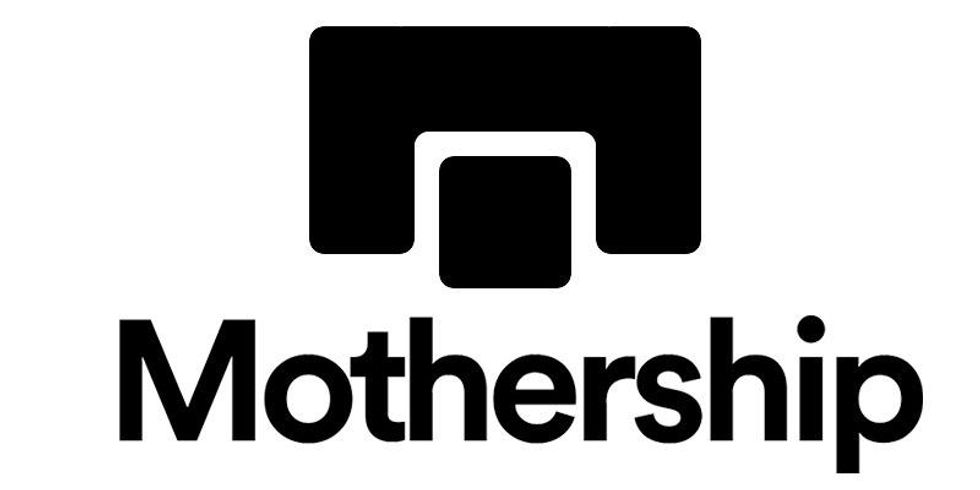
Mothership ($64 million)
Co-founded by CEO Aaron Peck, Mothership provides freight forwarding services intended to streamline the shipping experience. The company's tracking technologies connect shippers with nearby truck drivers to speed up the delivery process. It raised $16 million in Series A venture funding last year, driving the platform to a $48 million pre-money valuation.

Nacelle ($6.7 million)
Founded in 2019, Nacelle's ecommerce platform helps retailers improve conversion rates and decrease loading speeds for their sites. The software integrates with Shopify and other services, offering payment platforms and analytics integration, among dozens of services. Nacelle raised about $4.8 million earlier this year with angel investors that included Shopify's Jamie Sutton, Klaviyo CEO Andrew Bialecki and Attentive CEO Brian Long.
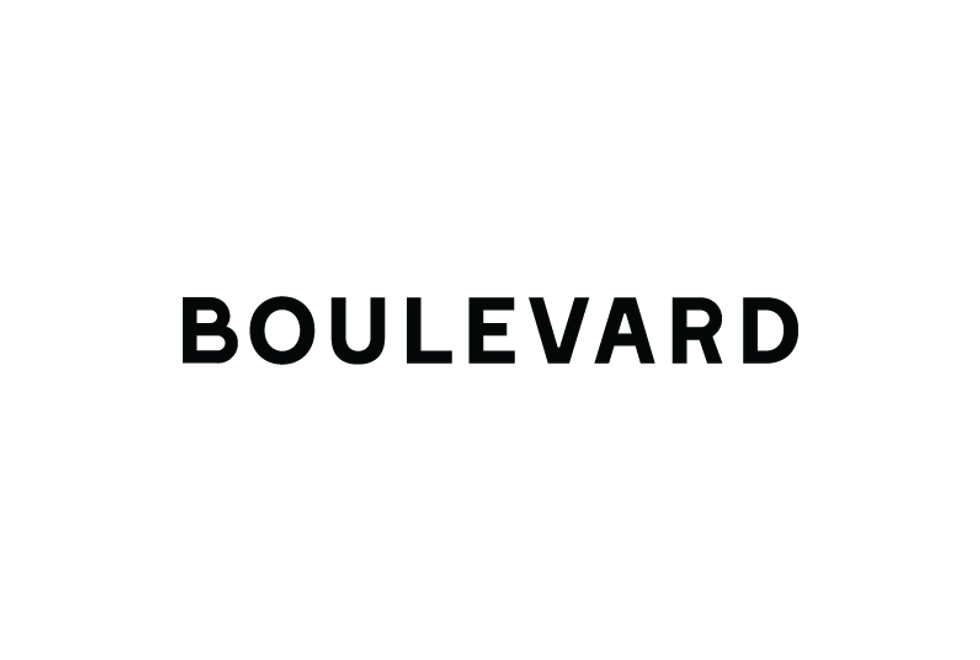
Boulevard ($30 million)
Matt Danna and Sean Stavropoulos came up with Boulevard when an impatient Stavropoulos was frustrated wasting hours to book a hair appointment. Their four-year-old salon booking and payment service is now used by some of Los Angeles' best-known hairdressers. Last month, the two secured a $27 million Series B round co-led by Index Ventures and Toba Capital. Other investors include VMG Partners, Bonfire Ventures, Ludlow Ventures and BoxGroup.

CloudKitchens ($5.3 billion)
Uber co-founder Travis Kalanick CloudKitchens rents out commissary space to prepare food for delivery. And as the pandemic has fueled at-home delivery, the company has been gobbling up real estate. The commissaries operate akin to WeWork for the culinary world and allow drivers to easily park and pick-up orders as the delivery market has soared during pandemic. Last year, it raised $400 million from Saudi Arabia's colossal sovereign wealth fund.

GOAT ($1.5 billion)
Founded by college buddies five years ago, GOAT tapped into the massive sneaker resale market with a platform that "authenticates" shoes. The Culver City-based company has since expanded into apparel and accessories and states that it has 20 million members. Last year, Foot Locker sunk a $100 million minority investment into 1661 Inc., better known as Goat. And this fall it landed another $100 million Series E round bankrolled by Dan Sundeheim's D1 Capital Partners.

Savage X Fenty
The lingerie company co-founded by pop singer Rihanna in 2018 is noted for its inclusivity of body shapes and sizes. It has raised over $70 million, but The New York Times' DealBook newsletter recently reported that it's been on the hunt for $100 million in funds to expand into active wear. The company generates about $150 million in revenue, but is not yet profitable, according to the report. It became the focus of a consumer watchdog investigation after being accused of "deceptive marketing" for a monthly membership program.
Warming Up

FabFitFun ($930 million)
The lifestyle company provides customized personal subscription box services every three months with full size products. Started in 2010 by Daniel Broukhim, Michael Broukhim, Sam Teller and Katie Rosen Kitchens, it now boasts more than one million members. Last year, the company raised $80 million in a Series A round led by Kleiner Perkins last year and appears to be preparing for an eventual IPO as it slims down costs and refocuses on its high value products.

Dave ($1 billion)
Launched in 2016, the finance management tool helps consumers to avoid overdrafts, provides paycheck advances and assists in budgeting. Last year, it began to roll out a digital bank account that was so popular that two million users signed up for a spot on the waitlist. The company, run by co-founder Jason Wilk, has raised $186 million in venture capital and counts billionaire Mark Cuban as an early investor and board member. Other backers include Playa Vista-based Chernin Group.

Sure ($59 million)
SURE offers multiple technology products to major insurance brands — its platform can host everything from renter's insurance to covering baggage, so customers never have to leave an agency's website. It also offers its platform to ecommerce marketplaces, embedding third-party insurance protections for customers to purchase all on the same webpage. Founded in 2014, the Santa Monica-based startup last raised an $8 million Series A round led by IA Capital in 2017.
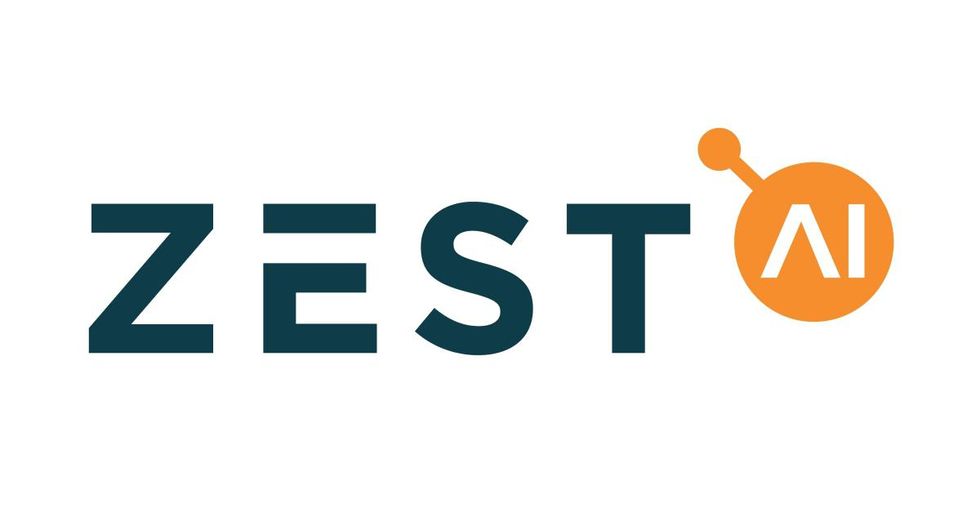
Zest AI ($90 million)
Founded in 2009 by former Google CIO Douglas Merrill and ex-Sears executive Shawn Budde, Zest AI provides AI-powered credit underwriting. It helps banks and other lenders identify borrowers looking beyond traditional credit scores. It claims to improve approval rates while decreasing chargeoffs. The company uses models that aim to make the lending more transparent and less biased. This fall the company raised $15 million from Insight Partners, MicroVentures and other undisclosed investors, putting its pre-money valuation at $75 million, according to PItchbook.

PlayVS
Santa Monica-based PlayVS provides the technological and organizational infrastructure for high school esports leagues. The pandemic has helped the company further raise its profile as traditional sports teams have been benched. Founded in early 2018, PlayVS employs 46 people and has raised over $100 million. In addition to partnering with key educational institutions, it also has partnerships with major game publishers such as Riot and Epic Games.
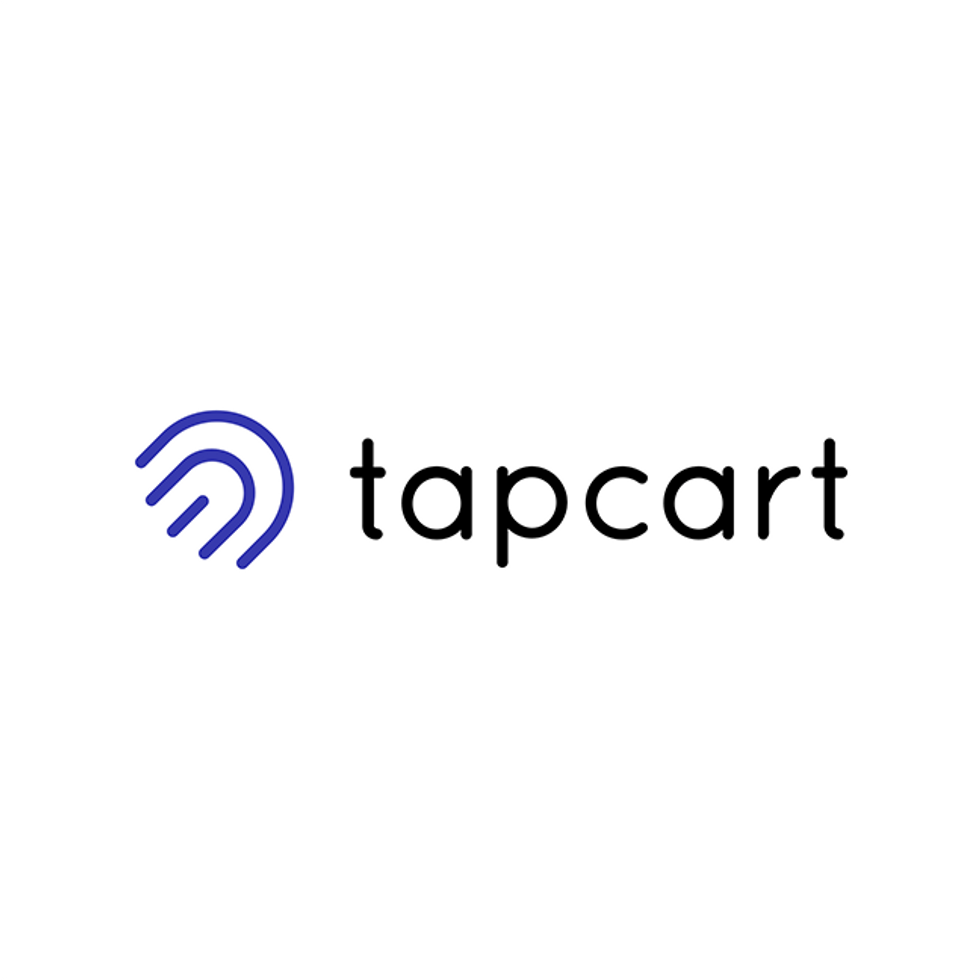
Tapcart ($40 million)
A SaaS platform helps Shopify brands create mobile shopping apps. The marketing software saw shopping activity jump 50% over 90 days as the pandemic walloped traditional retailers. Founded by Eric Netsch and Sina Mobasser, the company raised a $10 million Series A round led by SignalFire, bringing the total raise to $15 million.

Papaya ($31.8 million)
Papaya lets customers pay any bill from their mobile devices just by taking a picture of it. The mobile app touts the app's ease-of-use as a way to cut down on inbound bill calls and increase customer payments. Founded by Patrick Kann and Jason Metzler, the company has raised $25 million, most recently a S10 million round of convertible debt financing from Fika Ventures, Idealab and F-Prime Capital Partners.

Floqast ($250 million)
FloQast is a management software that integrates enterprise resource planning software with checklists and Excel to manage bookkeeping. The cloud-based software company claims its system helps close the books up to three days faster. It is used by accounting departments at Lyft, Twilio, Zoom and The Golden State Warriors. In January, it raised $40 million in Series C funding led by Norwest Venture Partners to bring the total raise to $92.8 million.

Brainbase ($26.5 million)
The company's rights management platform expedites licensing payments and tracks partnership and sponsorship agreements. It counts BuzzFeed, the Vincent Van Gogh Museum and Sanrio (of Hello Kitty and friends fame) among its clients. In May it announced $8 million in Series A financing led by Bessemer Venture Partners and Nosara Capital, bringing the total raised to $12 million.

OpenPath ($28 million)
The Los Angeles-based company provides a touchless entry system that uses individuals cell phones to help with identification instead of a key card. The company offers a subscription for the cloud-enabled software that allows companies to help implement safety measures and it said demand has grown amid the pandemic. Founded by James Segil and Alex Kazerani the company raised $36 million led by Greycroft earlier this year, bringing its total funding to $63 million.

FightCamp ($2.5 million)
FightCamp is an interactive home workout system that turns your space into a boxing ring with a free standing bag, boxing gloves and punch trackers. The company is riding the wave of at-home fitness offerings including Peloton, Mirror and Zwift that have taken off during the pandemic as gyms closed. The company has raised $4.3 million to date.

Numerade
The Santa Monica-based company provides video and interactive content for education in math, science, economics and standardized test prep. Founded in 2018 by Nhon Ma and Alex Lee, who previously founded Tutorcast, an online tutoring service, the company gathers post-graduate educated instructors to create video lessons for online learning.

Our Place ($32.5 million)
The creator of a pan with a cult following on social media, this Los Angeles-based startup designs and retails cookware and dinnerware. Founded by Amir Tehrani, Zach Rosner and Shiza Shahid, the company completed its Series A funding earlier this year, bringing its total raised to date to $10 million.

Tala ($560 million)
For customers that have no formal credit or banking history, this company's application promises more financial access, choice and control. It gathers data to create a credit score that can be used to instantly underwrite and disburse loans ranging from $10 to $500. Co-founded by Shivani Siroya and Jonathan Blackwell, Tala has raised $217.2 million to date. Its investors include PayPal Ventures, Lowercase Capital and Data Collective.

ServiceTitan ($2.25 billion)
Founded in 2007 by chief executive Ara Mahdessian and president Vahe Kuzoyan, ServiceTitan operates software that helps residential home contractors grow their businesses. It provides businesses tools like customer relationship management and accounting integration to streamline operations. The company closed a $73.82 million Series E funding round from undisclosed investors earlier this year.
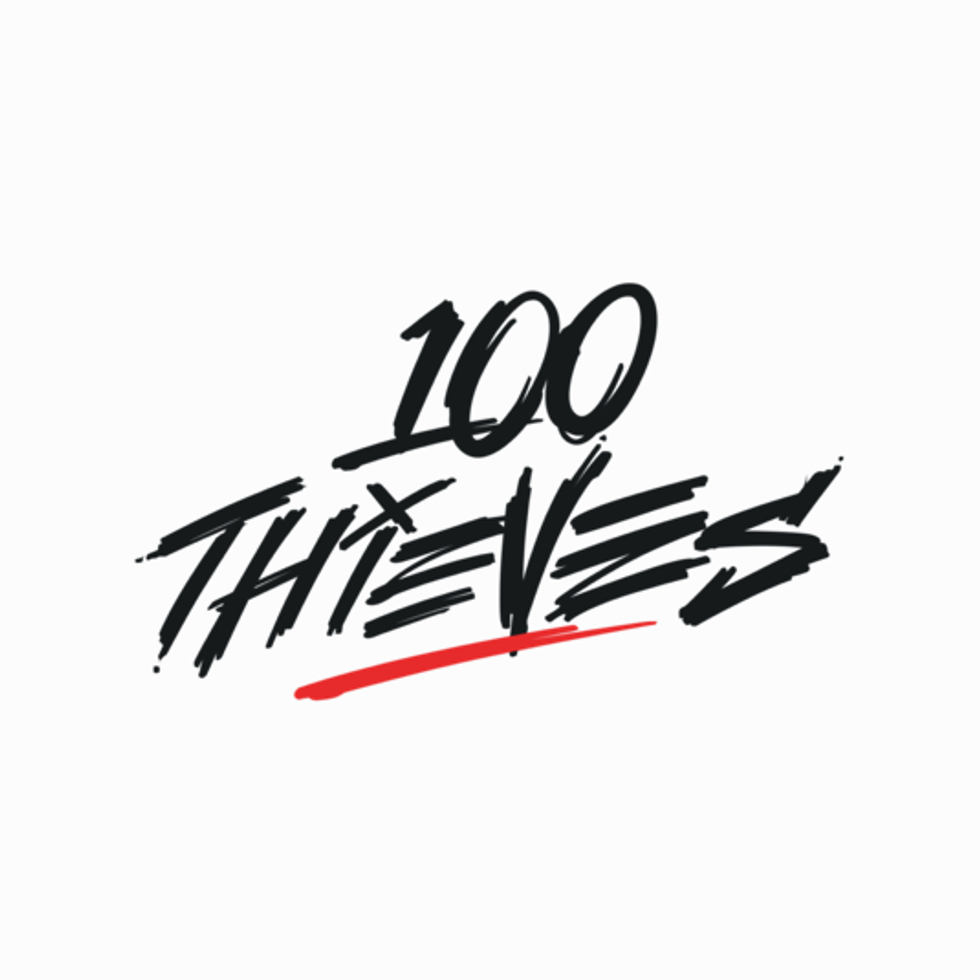
100 Thieves ($160 million)
Founded in 2017 by former professional "Call of Duty" player Matthew Haag, 100 Thieves manages esports competitions in major titles including "Counter Strike Global Offensive" and "League of Legends." The company also produces apparel and merchandise, opening a physical store and training ground called the "Cash App Compound" in collaboration with Fortnite earlier this year. The company has raised $60 million to date, from investors including Salesforce CEO Marc Benioff and Aubrey Graham, better known as the rapper Drake.
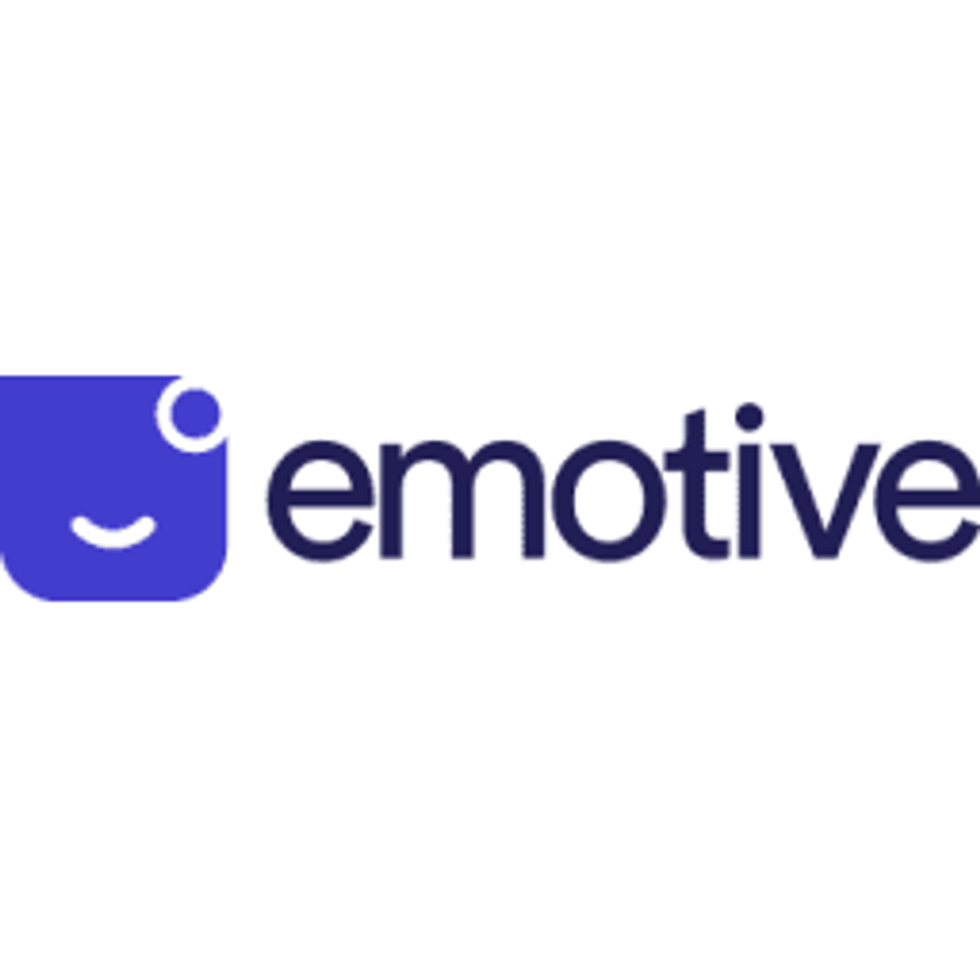
Emotive ($16.5 million)
This AI-powered customer service platform automates text conversations between customers and businesses to increase sales. Emotive uses their sales team to verify questions, distinguishing it from other bot-driven marketing services, according to the company. The company was founded in 2018 by Brian Zatulove and Zachary Wise, who serve as the chief executive and the chief operating officer, respectively. It has raised $6.65 million to date, from Floodgate Fund and TenOneTen Ventures.

Everytable ($33 million)
Created by former hedge fund trader Sam Polk, the Los Angeles-based startup wants to be a healthy fast food chain. It prices its healthy pre-packaged meals around $5 in underserved communities while costing more in other neighborhoods with the goal of reducing so-called food deserts in low-income neighborhoods. It also offers a subscription delivery service. The company recently closed a $16 million Series B round led by Creadev along with Kaiser Permanente Ventures.
Lead art by Candice Navi.
From Your Site Articles
- Los Angeles' Tech and Startup Scene is Growing. - dot.LA ›
- The dot.LA/ Pitchbook Top 50 LA Startups for 2020 Q2 - dot.LA ›
- dot.LA/Pitchbook 50 Hottest Los Angeles Companies - dot.LA ›
- Venture Capitalist Invested $69 Billion into Startups in Q1 - dot.LA ›
- Is NextBite Creating or Solving Problems for Restaurants? - dot.LA ›
- Top LA Angel Investors 2021: McInerney, Rascoff and Lee - dot.LA ›
- LA Startup Jobs Site Interchange.LA Re-Launches - dot.LA ›
- Thankful Raises $12 Million To Boost Customer Service - dot.LA ›
- Young LA Startups Saw Their Valuations Surge in 2021 - dot.LA ›
- VCs Are Flush, But Funding Mostly Male-Led Startups - dot.LA ›
- Largest Raises in Los Angeles in 2021 - dot.LA ›
- Los Anegeles’ Hottest Startups of 2022 - dot.LA ›
- LA Is The Third-Largest Startup Ecosystem in the U.S. - dot.LA ›
- Here Are LA’s Hottest Startups for 2023 - dot.LA ›
Related Articles Around the Web
Ben Bergman
Ben Bergman is the newsroom's senior finance reporter. Previously he was a senior business reporter and host at KPCC, a senior producer at Gimlet Media, a producer at NPR's Morning Edition, and produced two investigative documentaries for KCET. He has been a frequent on-air contributor to business coverage on NPR and Marketplace and has written for The New York Times and Columbia Journalism Review. Ben was a 2017-2018 Knight-Bagehot Fellow in Economic and Business Journalism at Columbia Business School. In his free time, he enjoys skiing, playing poker, and cheering on The Seattle Seahawks.
https://twitter.com/thebenbergman
ben@dot.la
Is AI Making the Creative Class Obsolete?
11:14 AM | September 28, 2022
image courtesy of Andria Moore
As artificial intelligence becomes more advanced, AI image and writing generators are becoming more widespread, even taking on creative tasks some once thought uniquely human.
These tools have limitations. AI-created images sometimes appear half-finished (look no further than DALL-E’s early renderings of faces), and AI-generated writing can sound like garble written by, well, a robot.
The surge in AI use for creative work like copywriting and developing art has some in the creative fields concerned about losing their jobs, going the way of the traditional animator at Pixar. Reports like one published in 2021 by San Mateo-based job discovery platform Zippia don’t help with statements like, “AI could take the jobs of as many as one billion people globally and make 375 million jobs obsolete over the next decade” and “half of all companies currently utilize AI in some fashion.”
Using AI to create open-source art available to the masses wasn’t on the radar for many until the release of the text-to-image creator DALL-E Mini last summer. The release coincided with the Washington Post’s profile of Google engineer Blake Lemoine, who claimed Google’s Language Model for Dialogue Applications (LAMDA) was sentient.
AI innovations like GPT-3—a large language model which uses deep learning to produce original text—are touted as solutions to a host of problems with little discussion about drawbacks or limitations. One notable example is the widely-used writing assistant Grammarly, which uses a combination of artificial intelligence techniques, including deep learning and natural language processing.
Hour One’s Natalie Monbiot says creatives shouldn’t be concerned about AI.
“It's normal to feel anxious about it, and it will be a realistic concern for those whose actual work can be done more cheaply, quickly, and consistently via machines,” says Monbiot, who is head of strategy for the avatar video generation platform.
“These new technologies are new tools,” she says, like “the pen, the typewriter, computers, and so on.”
Monbiot says that as AI becomes more instrumental to creators’ work, “there will be a higher premium on creativity (which is distinctly human) and less on execution.”
Kris Ruby of Ruby Media Group, a PR agency, tells dot.LA that users go wrong with AI writing products by trusting them to produce finished work. That “is not how the tools are supposed to be used,” Ruby says.
According to Ruby, users of text-to-image generation tools like DALL-E Mini and Midjourney make the mistake of “calculating the cost of the software subscription…but not the number of hours it takes to get even one useable image.”
Austin-based Jasper.ai’s CEO Dave Rogenmoser says these applications “eliminate the mundane elements of the content creation process.” Jasper develops multiple AI-powered writing tools and recently added a text-to-image creator to its suite.
“It isn’t a replacement for creators or the creative process,” he says, “rather, it’s a trusty sidekick in the content process that helps bring ideas to life faster and in a more efficient way.”
San Francisco-based Writer.com is an AI writing assistant focused on corporate clients. Its CEO, May Habib, tells dot.LA that creators have more to gain from the tools than they have to lose.
“Like any tool, it is about depth: AI writing tools are most powerful in the hands of those who are already pretty skilled, but still pretty useful for everyone,” Habib says.
“We don’t think AI is going to take away real writing jobs,” she continues, “but it will speed up ideation and drafting.”
Is there a danger of overselling AI before it can meet companies’ expectations?
Habib’s answer? Absolutely. Consumers should not expect artificial intelligence to solve all their problems. Applications powered by AI “can’t feel like magic,” she says; they have to “feel like technology."
AI expert Mikaela Pisani is the Chief Data Scientist for Los Angeles-based Rootstrap, which develops apps for startups. Asked if it was realistic for creators to worry about losing jobs to artificial intelligence, Pisani says, “AI is becoming increasingly creative” and “can help creatives generate content ideas at scale.”
When it comes to fears that AI might replace creators, Pisani notes that “Creativity is defined as 'the ability to produce or use original and unusual ideas.’”
“To think outside of the box is implicitly hard to do for machines,” Pisani says, “since AI are trained on available information. Therefore, our creative brain won't be replaced by AI in the near future, since it is too challenging for machines to recreate innovation. By extension, AI does not create a final piece of art, but it can be used as a co-creator.”
Pisani’s perspective isn’t that different from execs behind AI-fueled startups. She says that because artificial intelligence can “multitask rapidly, it could also be a source of inspiration for artists.”
“Writers, musicians, designers, or artists,” Pisani continues, “shouldn't be afraid of being replaced but should make themselves aware of these AI tools that can help their creativity reach a new level of scale."
So far, the consensus seems to be that AI is just an instrument, not a replacement for human artistry.
It’s still early, though, and artificial intelligence use is evolving fast. Just last week, Vanity Fair reported that 91-year-old James Earl Jones is retiring from voicing Darth Vader for future Star Wars shows and movies. His replacement? Respeecher, AKA “voice cloning powered by artificial intelligence.” The Ukraine-based company says its product “leverages recent revolutionary advances in artificial intelligence” to create “voice swaps [that] are virtually indistinguishable from the original — and never sound robotic.”
One thing seems clear: AI is here to stay.
From Your Site Articles
- Art Created By Artificial Intelligence Can't Be Copyrighted - dot.LA ›
- TikTok Launches Text-to-Image Generator AI Greenscreen - dot.LA ›
- This Architect Is Using Midjourney To Make A Movie - dot.LA ›
- Biden’s AI Bill of Rights Falls Flat with LA's AI Community - dot.LA ›
- The Lensa Art Trend Sparks Controversy About Sexism In AI - dot.LA ›
- The Case for AI Art Generators - dot.LA ›
- Class Action Suit Filed By Artists Against AI Art Companies - dot.LA ›
- Recent AI Applications Show Increasingly Noticable Setbacks - dot.LA ›
- 'Open Letter' to Pause AI Developments as Concerns Rise - dot.LA ›
- From Hype to Backlash: Is Public Opinion on AI Shifting? - dot.LA ›
- Is AI Art Real Art or Just a Gimmick to go Viral? - dot.LA ›
- Google, Microsoft, and Meta Plan To Shift to AI-Enabled Ads - dot.LA ›
- Google Alters Search Results, Snapchat’s AI Girlfriend - dot.LA ›
- The Dangers of Lazy Journalism When it Comes to AI - dot.LA ›
Related Articles Around the Web
Read moreShow less
Steve Huff
Steve Huff is an Editor and Reporter at dot.LA. Steve was previously managing editor for The Metaverse Post and before that deputy digital editor for Maxim magazine. He has written for Inside Hook, Observer and New York Mag. Steve is the author of two official tie-ins books for AMC’s hit “Breaking Bad” prequel, “Better Call Saul.” He’s also a classically-trained tenor and has performed with opera companies and orchestras all over the Eastern U.S. He lives in the greater Boston metro area with his wife, educator Dr. Dana Huff.
steve@dot.la
Activision Blizzard To Begin Negotiations With Unionized Employees
11:59 AM | June 10, 2022
Image courtesy of Shutterstock
Activision Blizzard will begin labor negotiations with recently unionized workers at its Raven Software subsidiary, the Santa Monica-based video game publisher said today.
Activision CEO Bobby Kotick sent a letter to employees Friday morning stating that the company will “engage in good faith negotiations to enter into a collective bargaining agreement” with the Communications Workers of America, the labor union representing the 27 organized quality assurance testers at Wisconsin-based Raven Software.
“While first labor contracts can take some time to complete, we will meet CWA leaders at the bargaining table and work toward an agreement that supports the success of all our employees,” Kotick wrote in the letter.
The CEO noted that Activision has recently taken measures to increase pay for quality assurance testers and turned temporary jobs into full-time positions—though the unionized Raven Software, all of whom are full-time employees, were notably excluded from pay raises earlier this year. ABetterABK, an Activision workers’ group that has mobilized the company’s Los Angeles-area employees, tweeted Friday that those measures “were done as concessions from mounting employee pressure to try to stop unionization from occurring.”
After forming in January, Raven Software’s Game Workers Alliance union was officially certified in a vote last month—solidifying the first labor union at a major video game publisher in the U.S. and legally obligating Activision to negotiate with the union on a collective bargaining agreement.
The vote came after Activision refused to voluntarily recognize the union despite Microsoft—which is in the midst of acquiring Activision for around $69 billion—stating that it “will not stand in the way” of unionization efforts. Microsoft president Brad Smith expanded on those views in a blog post earlier this month, laying out “a new set of principles” around how it would engage with organized workers.From Your Site Articles
- Raven Software Forms Labor Union Following Microsoft Deal - dot.LA ›
- Labor Union Urges SEC to Investigate Activision Over Filing - dot.LA ›
- Microsoft Says It Won't Block Activision Labor Unions - dot.LA ›
Related Articles Around the Web
Read moreShow less
Kristin Snyder
Kristin Snyder is dot.LA's 2022/23 Editorial Fellow. She previously interned with Tiger Oak Media and led the arts section for UCLA's Daily Bruin.
https://twitter.com/ksnyder_db
RELATEDTRENDING
LA TECH JOBS


